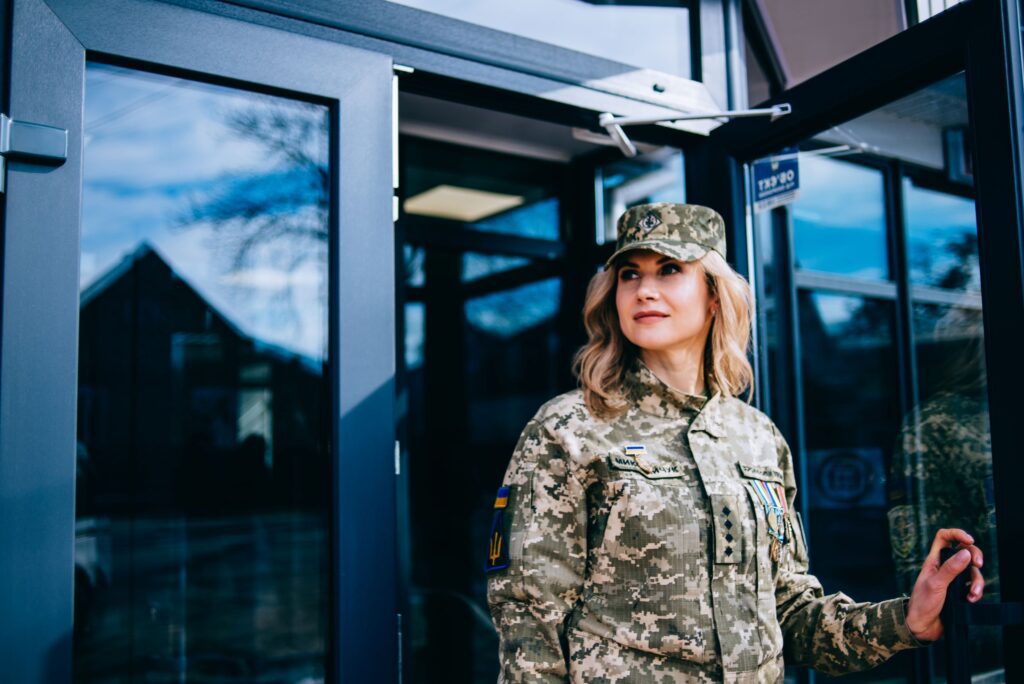The Importance of Community: Building Support Networks for Military Families
Military families face unique challenges and sacrifices, such as frequent relocations, long deployments, and the uncertainty surrounding their loved one’s safety. In such circumstances, having a strong and supportive community becomes crucial. This article explores the challenges faced by military families, highlights the importance of community, and provides strategies and resources for building support networks. A community provides emotional support, practical help, social connections, and resource sharing. Organizations and initiatives, such as military family support centers, online communities, local support groups, and military family readiness groups, can all contribute to the development of strong support networks. By recognizing the importance of community, military families can effectively navigate the difficulties and foster a sense of belonging and well-being for themselves and their loved ones.
The Importance of Community: Building Support Networks for Military Families
Introduction
Military families face unique challenges and sacrifices due to the nature of their loved one’s profession. Frequent relocations, long deployments, and the uncertainty surrounding their loved one’s safety can take a toll on the mental, emotional, and physical well-being of military families. In such circumstances, having a strong and supportive community becomes crucial. This article focuses on recognizing the importance of community and explores ways to build support networks for military families.
The Challenges Faced by Military Families
Military families face numerous challenges that can be overwhelming at times. Some of these challenges include:
1. Frequent Relocations: Military families often have to relocate every few years. This can be particularly challenging for children, who may have to change schools and leave behind their friends and support systems.
2. Long Deployments: Military personnel are frequently deployed for extended periods, leaving their families behind. The absence of a loved one can lead to feelings of loneliness, anxiety, and stress for the family left behind.
3. Financial Strains: Deployments can create financial strain, especially if the military spouse gives up their career to support their partner’s service. This can further exacerbate the challenges faced by military families.
4. Mental and Emotional Toll: The constant worry about the safety and well-being of their loved one can take a toll on the mental and emotional health of military families.
The Importance of Community
Having a strong support network and community is vital for military families. Here’s why:
1. Emotional Support: A community provides a sense of belonging, understanding, and empathy. Connecting with others who are going through similar experiences can help alleviate feelings of isolation and provide emotional support during difficult times.
2. Practical Help: A community can offer practical assistance during deployments or times of need. Whether it’s help with childcare, household tasks, or running errands, having a network of reliable individuals can ease the burden on military families.
3. Social Connections: Building connections within a community helps combat feelings of loneliness and isolation. Participating in group activities, attending community events, and having a social network can provide a sense of normalcy and enhance the overall well-being of military families.
4. Resource Sharing: A community often comprises individuals with diverse backgrounds and experiences. This diversity can be a valuable resource for military families, providing access to advice, information, and resources that may not be readily available elsewhere.
Building Support Networks for Military Families
Recognizing the importance of community, various organizations and initiatives have been established to build support networks for military families. Here are some strategies and resources:
1. Military Family Support Centers: Military installations often have dedicated support centers that provide a wide range of services for military families. These centers offer counseling, educational programs, playgroups, spouse support groups, and employment assistance.
2. Online Communities: Virtual communities, such as forums, social media groups, and websites, are valuable resources for military families. These platforms provide a space for sharing experiences, seeking advice, and connecting with others who understand the unique challenges faced by military families.
3. Local Support Groups: Seek out local organizations or support groups specifically tailored for military families. These groups can provide a safe space for individuals to connect, share resources, and provide emotional support.
4. Military Family Readiness Groups: Many military units have family readiness groups that offer support, information, and resources to military families. These groups can help facilitate communication and provide updates during deployments.
5. Collaborate with Other Military Families: Reach out to other military families in your community or unit. Building connections and fostering friendships can create a support network that understands the challenges and provides a sense of camaraderie.
Conclusion
In conclusion, the importance of community and support networks for military families cannot be overstated. Recognizing the unique challenges they face, it is crucial to create environments that foster understanding, empathy, and practical assistance. By building strong support networks, military families can effectively navigate the difficulties associated with military life and foster a sense of belonging, resilience, and well-being for themselves and their loved ones.
